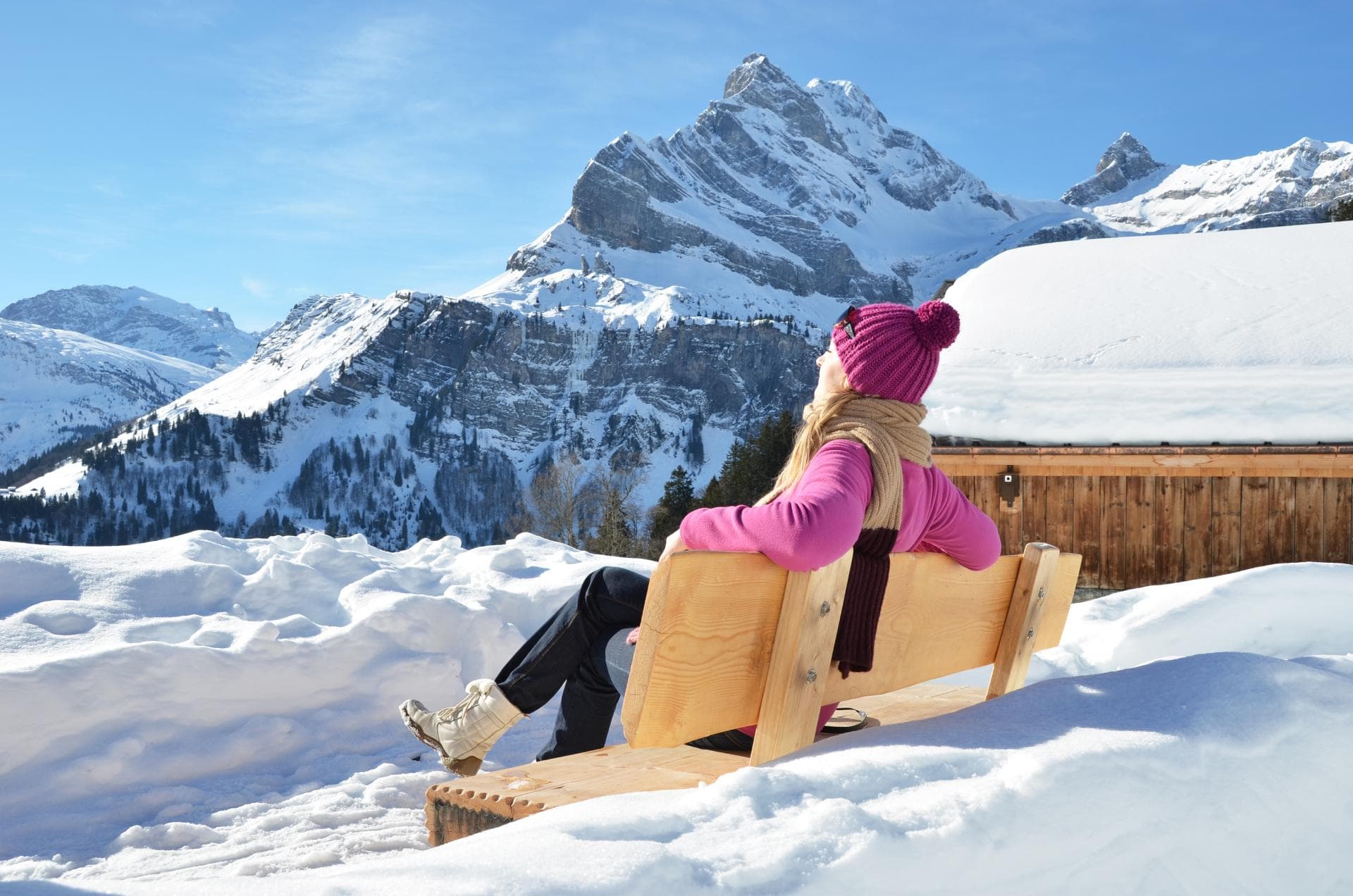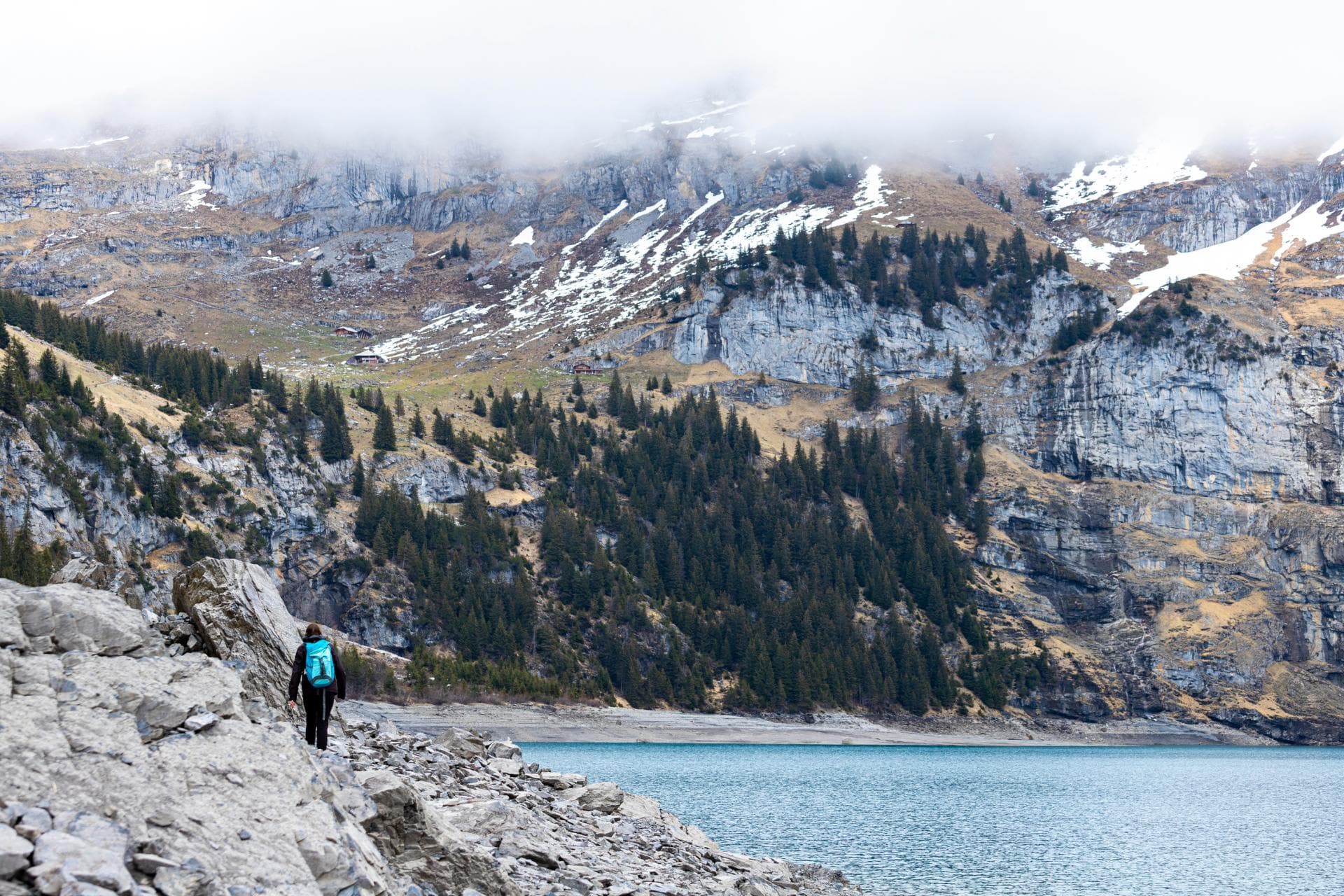

Blog
What is Switzerland Climate? A Full-Season Breakdown for Expats (2025)
Planning a move? Learn what is Switzerland climate is like in 2025. This guide covers seasonal weather, regional differences, and essential tips for expats.

Introduction
What Is Switzerland Climate Like?
- Temperate Continental Climate: This is prevalent on the Swiss Plateau (Mittelland), the rolling heartland where most major cities like Zurich, Bern, and Geneva are located. This translates to cold, often overcast winters and pleasantly warm summers. Precipitation is spread quite evenly throughout the year, meaning a rain jacket is a wise investment no matter the season.
- Alpine Climate: Dominating the mountainous regions, this climate is defined by altitude. As you go higher, temperatures drop significantly. Winters are long, snowy, and cold, creating the world-renowned conditions for skiing and snowboarding. Summers are short, cool, and frequently interrupted by afternoon showers, offering a refreshing escape from the heat on the plateau.
- Milder, Near-Mediterranean Climate: Tucked away south of the Alps, the canton of Ticino boasts a climate that feels more Italian than Swiss. It’s noticeably milder and sunnier, a place where palm trees line the lakeside promenades of Lugano. This unique pocket of warmth showcases the incredible diversity of the Switzerland year round weather.
What Are Switzerland’s Seasonal Weather Patterns?
Winter (December – February)

Spring (March – May)
Summer (June – August)
Autumn (September – November)

How Does Weather Vary Across Switzerland?
- The Swiss Plateau (Geneva, Zurich, Basel): These cities share a similar four-season continental climate. Geneva, however, is heavily influenced by Lac Léman. The massive body of water acts as a thermal regulator, often leading to slightly milder winters. But Geneva is also famous for the Bise, a biting northeasterly wind that can make winter days feel exceptionally cold. Since choosing where to live is about finding the right vibe, a good place to start is with an insider’s guide to neighborhoods in Geneva, Switzerland.
- The Alpine Region (Interlaken, Zermatt, St. Moritz): Here, altitude dictates the weather. The higher you are, the colder and snowier it gets. Summers are fleeting, and the weather can turn in an instant—a critical piece of information for hikers.
- The South (Ticino): This Italian-speaking region is Switzerland’s sunny south. With over 2,300 hours of sunshine annually, it enjoys hot summers and mild winters where snow is a rarity. This regional variation is a key factor to consider when weighing the pros and cons of living in Switzerland, as your ideal lifestyle might be better suited to one climate over another.
How Much Rain and Cold Should Expats Expect?
How to Prepare for Switzerland’s Climate Year-Round
- Clothing: The undisputed rule of Swiss style and comfort is layering. A base layer, a fleece or sweater, and a waterproof/windproof outer shell will allow you to adapt to any weather changes throughout the day. This is particularly crucial in the transitional seasons of spring and autumn.
- Housing: When apartment hunting, pay attention to window quality (double or triple-glazing is standard) and modern insulation. While most buildings are excellent, older properties might be less efficient. A well-functioning heating system is a given.
- Lifestyle: The best way to adapt is to live like a local. Embrace winter by learning to ski or exploring Christmas markets. Spend summer weekends hiking in the Alps or swimming in the lakes. This seasonal rhythm is a core part of the Swiss identity. Navigating the logistics of a move can be overwhelming, but the right relocation company in Geneva can help you manage the details, freeing you up to focus on adapting to your new home.
FAQ
The Switzerland weather averages depend heavily on location and altitude. On the central plateau, you can expect winter averages around 1°C (34°F) and summer averages around 21°C (70°F), with highs often reaching 28–30°C.
Conclusion
Lucas
Blog & News
Our latest articles
Find our latest news, articles, and expert advice to help you choose the best insurance solutions.

Switzerland’s Average Income: What You Really Earn in 2026
Learn about Switzerland’s average income in 2026. Discover salary gaps, real living costs, and what it means if you’re relocating to Geneva.
Lucas
5 February 2026

Job Market in Switzerland: 2026 Trends & Opportunities for Expats
Discover the latest job market trends in Switzerland, including high-demand sectors, employment opportunities, and unemployment rates for 2026.
Louis-Marie Tortiello
29 January 2026

Driving in Switzerland in Winter: Rules, Safety & Tips
Driving in Switzerland in winter: laws, winter tires, snow chains, alpine safety tips, and what expats must know before hitting the road.
Lucas
21 January 2026
